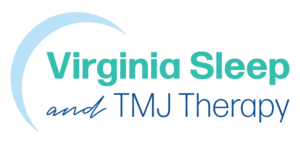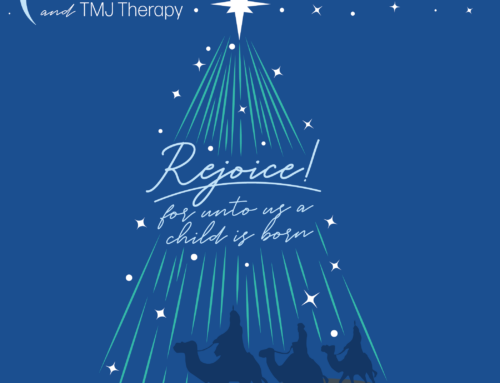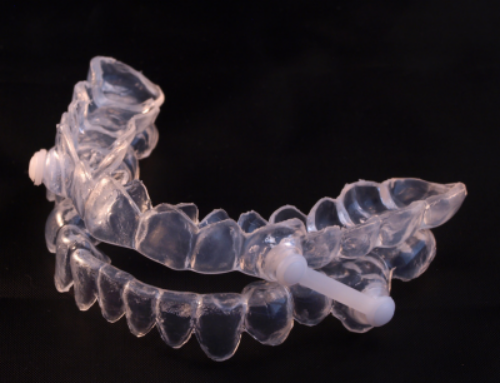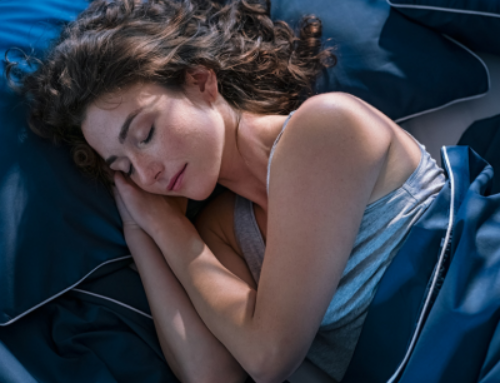Sleep apnea affects roughly 22 million people in America. Despite its prevalence, there are still many myths surrounding sleep apnea that can make it difficult for people to understand and manage their condition. In this blog, we will address some of the most common myths about sleep apnea and provide the truth behind them.
Myth 1: Only overweight people suffer from sleep apnea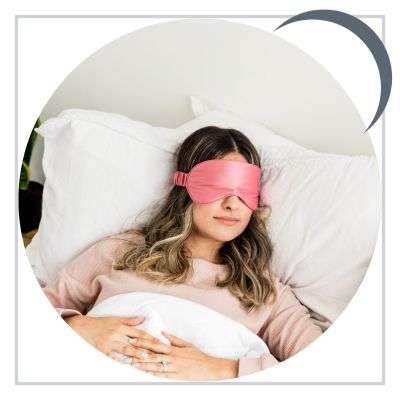
While it is true that being overweight or obese can increase the risk of sleep apnea, this condition affects people of all body types. Thin individuals can also develop sleep apnea, and the condition is not limited to a specific body type or demographic.
Myth 2: Sleep apnea only affects older people
Sleep apnea can affect people of all ages, from children to the elderly. In fact, many children are affected by a condition known as Pediatric Obstructive Sleep Apnea. Sleep apnea is not limited to a specific age group and can occur at any point in a person’s life.
Myth 3: Snoring is the only symptom of sleep apnea
Snoring is a common symptom of sleep apnea, but it is not the only one. Other symptoms of sleep apnea include frequent waking up during the night, restless sleep, excessive daytime sleepiness, difficulty concentrating and morning headaches. If you experience any of these symptoms, it’s important to speak with a doctor to determine if you have sleep apnea.
Myth 4: Sleep apnea is not a serious condition
Sleep apnea is a serious condition that can have serious health consequences if left untreated. The interruptions in breathing during sleep can lead to low oxygen levels in the blood, which can increase the risk of high blood pressure, heart disease, stroke and other health problems.
Myth 5: Wearing a sleep apnea mask is uncomfortable and embarrassing
Wearing a sleep apnea mask, also known as a continuous positive airway pressure (CPAP) machine, is a common treatment for sleep apnea. While it may take some time to get used to wearing a mask, most people find that they are comfortable and do not interfere with their sleep. However, if you are CPAP intolerant, our team at Virginia Sleep & TMJ Therapy offers the latest advancements in oral appliance therapy to treat your sleep apnea without a CPAP machine.
By addressing the myths and misconceptions surrounding sleep apnea, we can help people get the care and treatment they need to manage their condition and improve their overall health and quality of life. Schedule a consultation at Virginia Sleep & TMJ Therapy if you suspect you may have sleep apnea.
